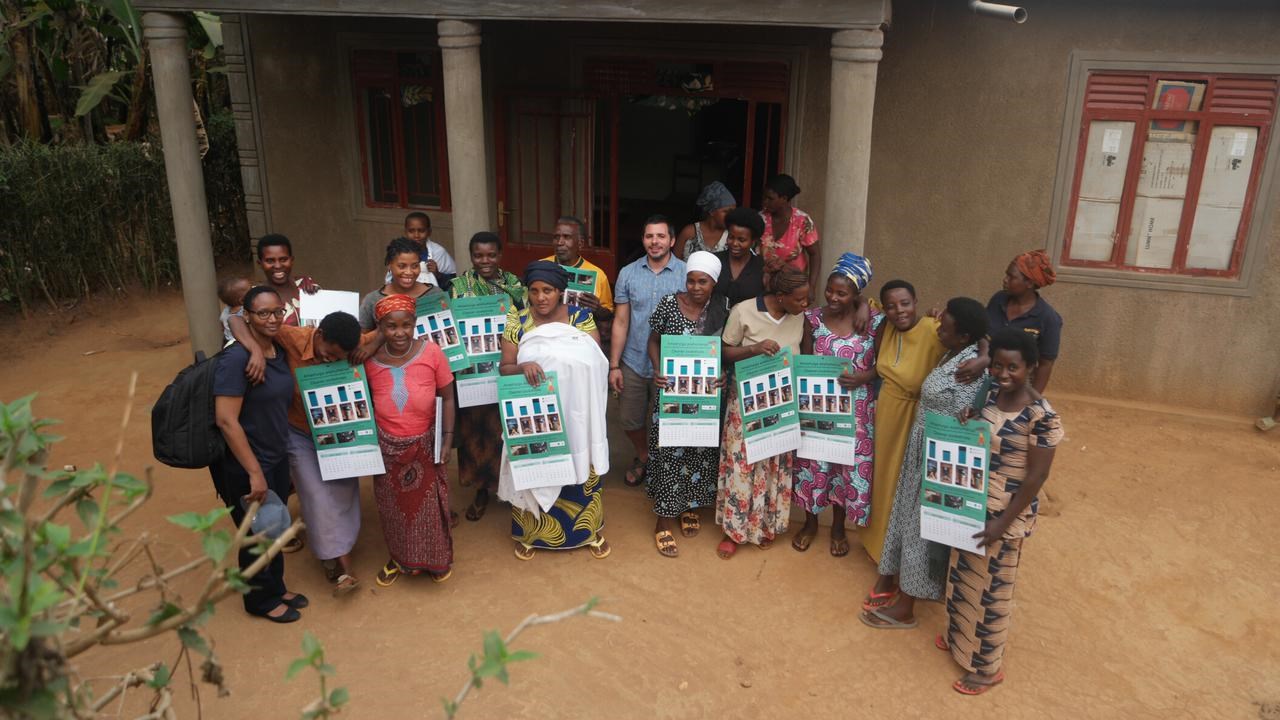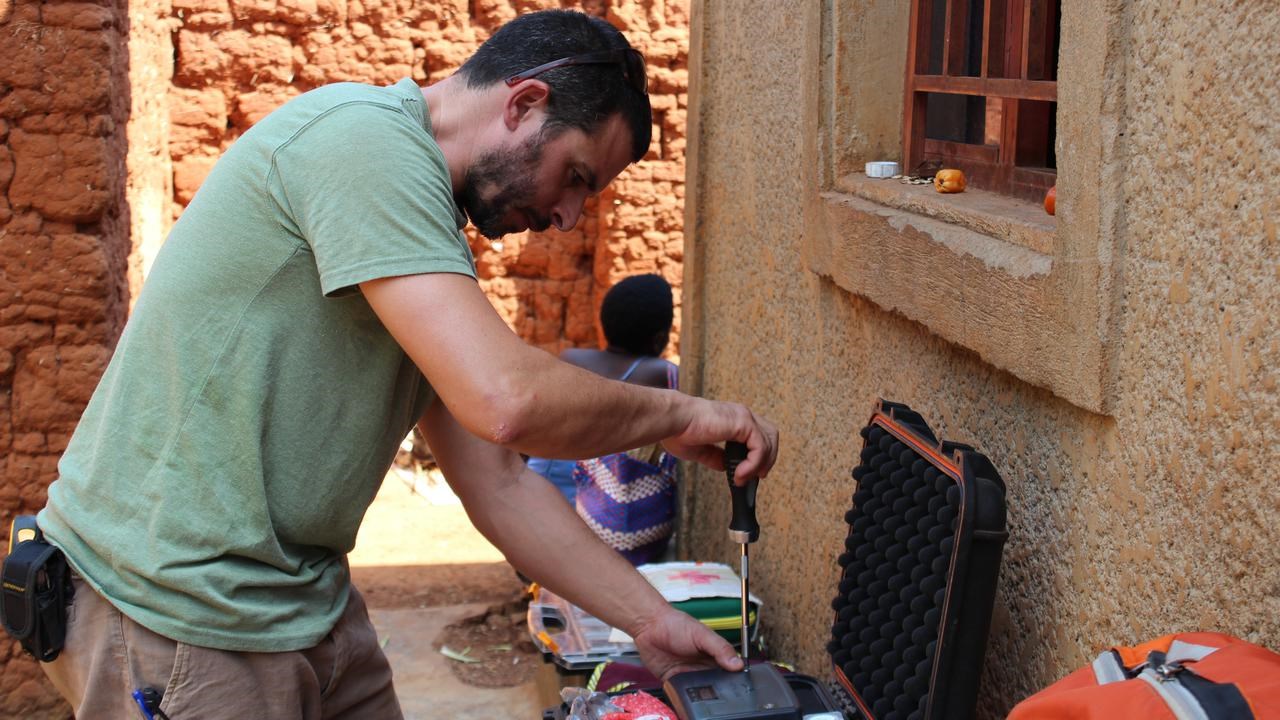About the dissertation:
On Friday 19 September, Natxo García-López defends his thesis titled: "Toward cleaner cooking and energy security in rural Africa: assessing sustainable bioenergy systems, biomass cookstove emissions, and particle properties" at the Department of Applied Physics and Electronics at Umeå University.
The dissertation takes place at 09.00 in Aula Biologica (BIO.E.203) and Faculty opponent is docent Aneta Wierzbicka from Lund University.




